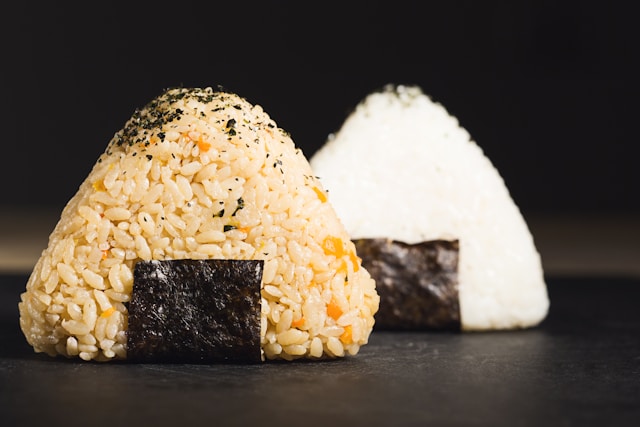When you move to Japan as an expat, the first step in winning friends and influencing people is understanding the cultural nuances that are crucial for a fulfilling experience. The way you’ve been conditioned to think and behave by your own culture—be it American or otherwise—will differ significantly from the norms in Japan. Accepting this fact is the first step in navigating your new environment. Japan’s culture emphasizes harmony, respect, and humility, expressed through various customs like bowing and indirect communication. Understanding these nuances can enhance your social interactions and daily life. This guide aims to help you understand these differences, from social norms and language to the intricate process of building relationships in Japan.
Building Relationships
In Japan, initial encounters often focus on general topics like work or hometowns rather than personal matters. This is because relationships in Japan develop slowly and are based more on the quality of the relationship itself rather than qualifications. In contrast, Americans often seek evidence of trustworthiness before investing time in a relationship. The typical process of relationship development in Japan happens as follows:
Initial Encounter
Expect minimal information to be communicated during initial encounters. The topics should be superficial, such as weather or workplaces. The goal is to acknowledge the person and establish an intent to communicate.
Casual Conversations
You’ll engage in general topics to get comfortable talking to the person. For instance, if you’re excited about a recent promotion and talking to an American, you might outrightly say:

I got promoted, let’s celebrate
However, when you are talking to a Japanese, you might suggest:

How about we catch up over drinks?
…and during the meet-up, your counterpart would casually say things like:
How’s everything?

…as a mood gauge. You might reply with:

I’m good. Actually, pretty great.
inviting them to inquire further. If they go:
Wow, anything’s up?!

then, you can then share the good news about your promotion.
Deepening Connection
Building on the casual conversations, you can gradually introduce more personal topics, inviting the other person to delve deeper. If both parties continue to engage, they eventually reach a point where they understand each other’s reactions and lifestyles well enough to anticipate responses with reasonable accuracy. Once this level of mutual understanding is achieved, the friendship is generally solidified.
This process may require patience, but once you’ve successfully navigated through these stages, you’ve essentially won over your Japanese friend—provided you maintain the cultural emphasis on harmony. Understanding this process becomes more intuitive when you grasp that Japanese culture highly values the continuous effort to sustain harmony and stability in relationships.
Tip1: Master the Art of Politeness
In Japan, the frequent use of phrases like “ありがとう” (Thank you, pronounced as “a-li-ga-to-u“) and “すみません” (Excuse me, pronounced as “su-mi-ma-se-n“) are more than just a formality – it’s a social necessity. To avoid coming accross as rude, it’s better to overuse these phrases when in doubt.
Additionally, politeness extends beyond spoken words to unspoken behaviors. For example, always stand in line when waiting at service counters or for trains, and avoid littering. While you may not receive direct criticism for ifnoring these norms, failing to adhere to them could lead people to silently judge you, creating invisible but significant barrier to winning friendships in Japan.
For a deeper dive into unspoken manners in Japan, check out our guide on how to “Blend in with Confidence: Unspoken Manners in Japan.”
Tip2: Navigate Ambiguity in Conversatoins
Understanding the nuances of the Japanese language is crucial for building relationships. The language often employs ambiguous expressions, reflecting a cultural preference for indirect communication. This mindset is so ingrained in Japanese people that it often carries over into conversations in English as well. For example, when asking about someone’s new job, you might hear:
Well, it’s okay. It has both good and bad aspects.

And you’re like:

So… that means good or what?
They employ this ambiguity to maintain flexibility in conversational directions, allowing them to tailordialogue based on the listener’s mood or interest. While this may be challenging at first, with time and experience, you’ll become more adept at navigating these conversational nuances.
Final Thoughts
In summary, understanding and adapting to these social and cultural nuances can make your life as an expat in Japan more fulfilling and less stressful. Whether it’s your first week or you’ve been here for years, these insights can help you navigate the complex but rewarding social landscape of Japan.


